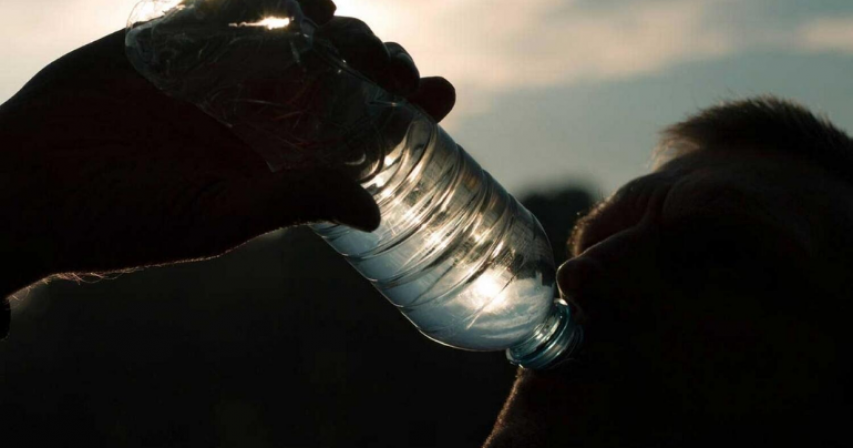Doctors warn of 'silent dehydration' as 40% rise seen in kidney stone cases in summer

As temperatures soar during the summer months, there's a noticeable surge in the number of individuals experiencing kidney stone-related issues. Medical facilities across the region report a significant increase, ranging from 30% to 40%, in kidney stone cases during this period.
Experts attribute this seasonal spike to various factors, with dehydration being a primary concern. Dr. Humam Qaraschouli, a consultant urologist at Burjeel Royal Hospital, emphasizes that dehydration plays a pivotal role in kidney stone formation, particularly among individuals exposed to the scorching sun while engaging in outdoor activities.
Dr. Satyabrata Garanayak, a specialist urologist at Thumbay University Hospital, highlights that even individuals working indoors are not immune to the risk of kidney stones. He mentions the concept of "silent dehydration," where individuals fail to adequately hydrate themselves despite spending prolonged hours in air-conditioned environments, thereby increasing their susceptibility to kidney stones.
The consequences of kidney stones can be severe, as illustrated by the case of a 35-year-old worker who sought medical assistance due to intense right-sided pain. Subsequent scans revealed a sizable kidney stone measuring 6cm, necessitating specialized treatments like Percutaneous Nephrolithotomy (PCNL) and Retrograde Intrarenal Surgery (RIRS).
Notably, middle-aged individuals, typically between the ages of 30 and 50, are more vulnerable to kidney stones due to occupational exposures and lifestyle factors. Men, in particular, are at a higher risk, with a notable gender difference observed in patient demographics.
The sweltering temperatures of summer exacerbate dehydration, leading to concentrated urine that facilitates the crystallization of minerals, thereby forming kidney stones. To mitigate this risk, experts advise against certain dietary choices high in oxalates and sodium, as these compounds can contribute to stone formation.
In addition to dietary modifications, maintaining adequate hydration levels is paramount. Doctors recommend drinking 3 to 4 liters of water daily, distributed evenly throughout the day, to prevent dehydration and reduce the risk of kidney stones.
Recognizing the symptoms of kidney stones is crucial for early detection and prompt treatment. Common symptoms include flank pain, painful urination, and discoloration of urine, among others. Timely intervention can prevent complications and alleviate discomfort associated with kidney stones.
Treatment options for kidney stones vary depending on the size and location of the stones. Shock wave lithotripsy and endoscopic procedures are commonly employed for stone fragmentation and extraction. In severe cases, surgical interventions may be necessary to effectively address larger stones.
Overall, raising awareness about the link between dehydration and kidney stones is essential to promote preventive measures and ensure timely medical intervention. By adopting a proactive approach to hydration and making informed dietary choices, individuals can safeguard their kidney health, especially during the sweltering summer months.
By: Sahiba Suri





Comments